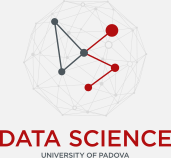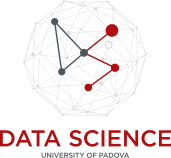Mathematics is ubiquitous in Data Science. Behind a wide number of Data Science models and methods used to handle real-world applications, there are plenty of mathematical tools that make things work.
This curriculum qualifies students to build and analyze structured models for the representation of concrete applications, to properly choose and/or develop methods for the handling of those models, to get a deep understanding of tailored techniques and mathematical theory for data analysis, to combine and redevelop all those tools in order to solve complex problems.
The courses included in the curriculum put an emphasis on notions coming from statistics, machine learning, optimization, and the theory of big data representation.
Click here to find out the details of the study plan!









